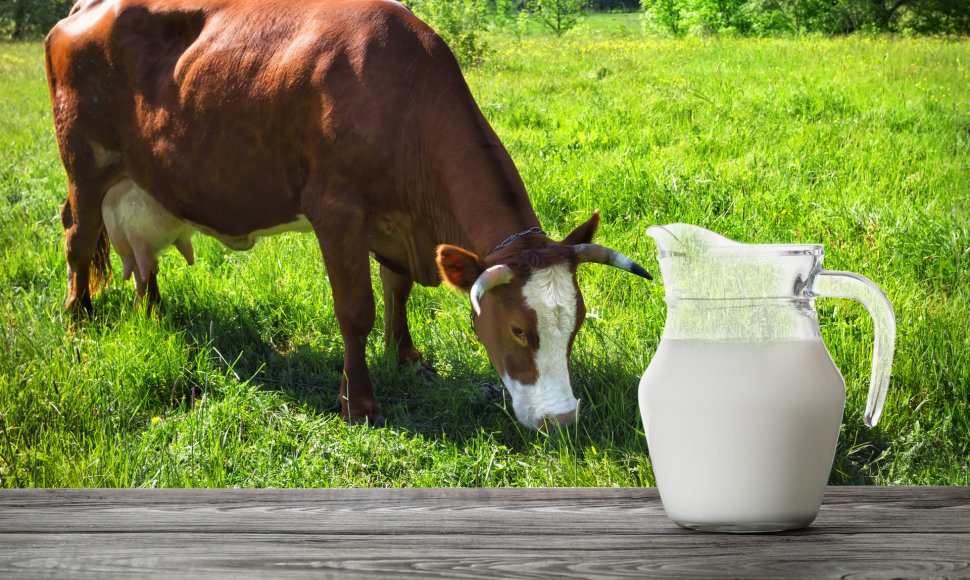In recent days, slower-than-expected COVID vaccination rates and new restrictions have reduced confidence in the European dairy market, and as a result, the market sale prices of certain key dairy products have contracted.
In the latest trade session of the European dairy produce markets, the price of butter fell by over 7 per cent. Meanwhile, the cheese price index - which had been growing - ground to a halt, remaining at the same level.
According to the director of the Lithuanian dairy association Pieno Centras Egidijus Simonis, the dairy sector in Lithuania and Latvia is also facing challenges due to the uncertain situation in their export markets as difficulties arise in dairy produce export markets and consumption contracts.
He notes that the main export of dairy products – cheese and milk powder – have seen reduced sales abroad. In comparison to 2019, 2020 exports of Lithuanian cheeses fell by a tenth, to 55 thousand tonnes. Skimmed milk powder exports fell by 46 per cent, down to 27 thousand tonnes, and the exports of Latvian cheeses fell only slightly by 0.6 per cent, down to 29 thousand tonnes. Latvian whey exports contracted by 5 per cent (to 41 thousand tonnes) and skimmed milk powder exports fell by 77 per cent (to 1.6 thousand tonnes).
E. Simonis notes that the prices of farm-gate raw milk remained fairly high last year. “Despite the difficult situation on the market, last year’s farm-gate raw milk prices were in line with three-year price averages. This is a positive indicator, given a year as tough as the last,” he explains.
However, optimism in the dairy sector is dampened by the slow take-up of vaccinations and new European restrictions, which negatively impact consumer moods. In its latest report, Rabobank presents forecasts that positive changes can be expected on the European dairy market no sooner than in the middle of 2021, when vaccination rates accelerate.
From mid-2021, food product consumption habits that have changed due to quarantine restrictions are predicted to gradually recover, however, the process will not be smooth, Rabobank notes.
Experts have observed that the pandemic has changed European consumer habits. For example, in 2021, Europe saw an increase in the consumption of UHT milk, which is processed at high temperatures and lasts a longer time. More cheese and yoghurt were also sold, with consumers associating consumption with strengthening their immune system during the coronavirus pandemic.
At the same time, butter consumption fell across the EU, and analysts believe that this is related to the mass closure of cafes and restaurants. There are calculations that half of all butter is consumed in such restaurants.
Hotels and restaurants use a fifth of dairy produce, and so their closure during lockdown had an impact on both consumption and production, and as per Eurostat data, the EU’s largest dairy industry companies in Germany and France saw reductions in milk production in the first month of this year of respectively 2 and 3% per cent.












